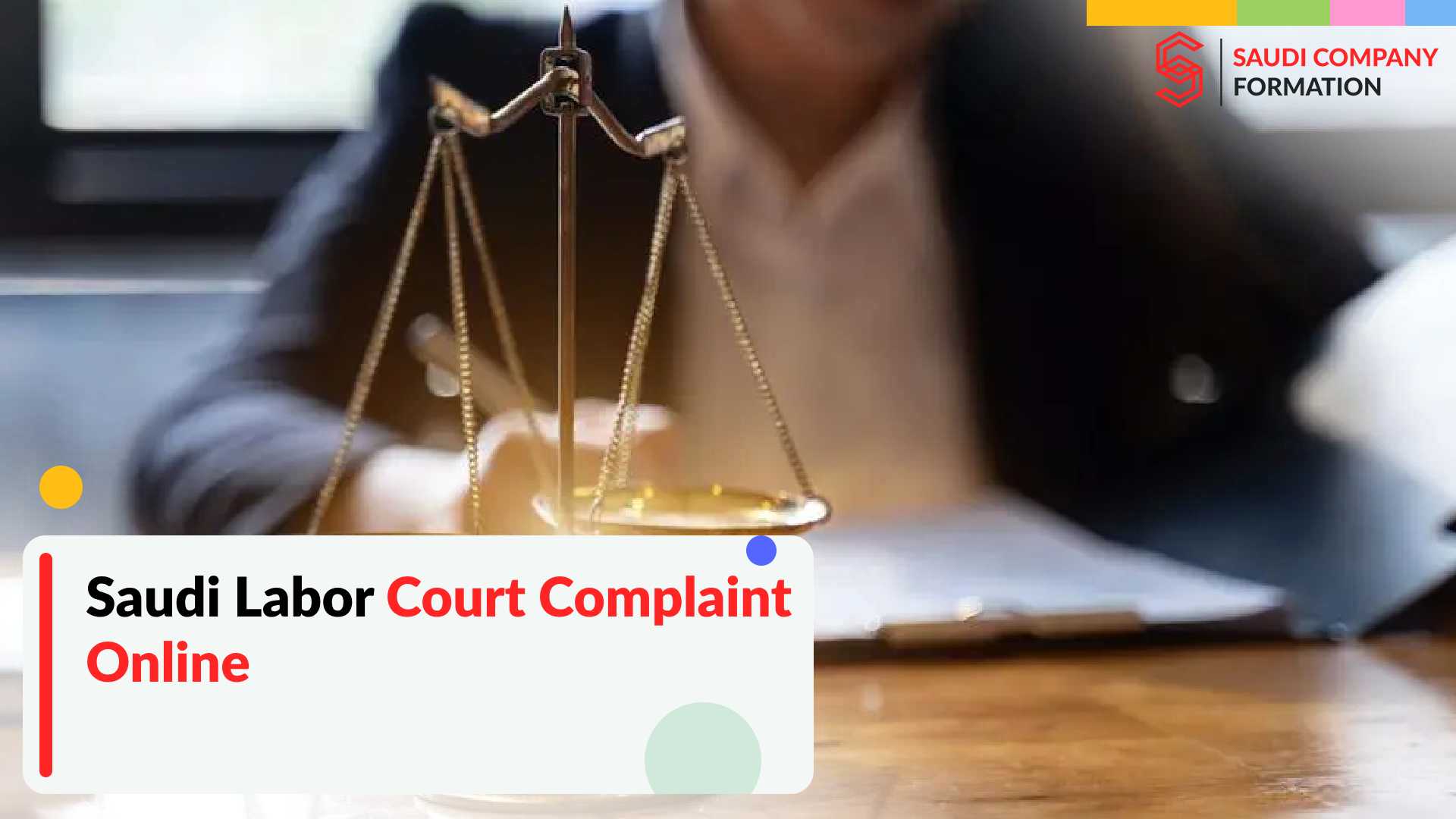A solid basis of human resources from various nations and with various specialties was absolutely necessary. This, in order to begin the ambitious 2030 vision. This, considering the range of nationalities that exist in Saudi Arabia. As well as the distinctive revolutionary economy and social justice blueprint that is creating Saudi Arabia to the global market. A new Saudi labor law for expatriates is now in place as a result.
In this article, we will be talking about the Saudi Labor Law regulations for expatriates. Saudi Arabia is one of the most popular destinations for expatriates. Especially, for those who are looking for work opportunities in the Middle East. However, working in Saudi Arabia comes with some challenges and regulations that expatriates need to be aware of and comply with.
New Saudi labor law for expatriates: Recruitment terms
Only with the Ministry’s consent may an employer hire an expatriate employee.
The Ministry must issue a work permit before a non-Saudi can perform any employment. The following criteria must be met in order to grant the permit according to Saudi Labor Law regulations for expatriates:
- The employee is eligible to work because they enter the nation legally.
- The worker is a member of the class of regular workers that the nation needs, or someone possesses the technical or academic credentials that the nation requires, but which are not held by citizens, or the quantity of such citizens is inadequate to meet the demand.
- A contract between the employer and the employee places them in charge of the employee.
- For non-Saudis, the employment agreement must be in writing and have a set duration. The length of the work permit will be subject to consideration if the contract’s duration remains unclear.
- An employee may only be working in the profession that appears on his work permit.
- Before taking the legal steps required to change his profession, a worker is not allowed to practice any other occupation.
- A manager may not permit a staff member to work for another employer, and an employee may not work for another employer unless they comply with all applicable legal requirements. In a similar vein, no employer has the right to hire employees of other employers.
Duties and rights: Employer and employees
According to the new Saudi labor law for expatriates, an employer is responsible for paying:
- Regarding the hiring of non-Saudi employees.
- Issuing and renewing work permits and residency permits (Iqama).
- Penalties for their delay.
- Fees associated with changing careers.
- Visa services for exit and re-entry.
- The worker’s return airfare when the relationship between both parties comes to an end.
- The costs associated with immigration services for their workers.
If a staff member is unable to work or chooses to return to their country without a valid reason, they are liable for the expenses incurred.
Unless the worker is buried in the Kingdom with the consent of his family, the employer is liable for the cost of arranging the body of a late worker and bringing it to the site where the contract ends or where the employee was hired. If the General Organization for Social Insurance (GOSI) handles it, the employer will be free.
Penalties
Here are some of the most common penalties for companies violating the Saudi labor law for expatriates 2022 regarding hiring expats:
| Description of Violation | Category C (10 employees or less) |
Category B (50 employees or less) |
Category A (51 employees or more) |
| Selling work visas or serving as a sales representative | * 20,000 per visa | 20,000 per visa | 20,000 per visa |
| Without acquiring a work permit or Ajeer Notification, the employer hires non-Saudi employees. | 10,000 per employee | 20,000 per employee | 20,000 per employee |
| The employer allows the employee to work in any additional positions that are in the work license or employment agreement. | 2,500 per worker | *5,000 per worker | 10,000 per worker |
| Keep the employee’s passport or residency permit on file for both the employee and his or her family. | 5,000 per worker | *5,000 per worker | 5,000 per worker |
| Failure of the employer to pay fees or expenditures and charging the employee for them | 10,000 per worker | 10,000 per worker | *10,000 per worker |
| Failure to deposit workers’ paychecks and other obligations into their bank accounts on time in the nation’s official currency or withholding pays or portions of earnings without a valid reason under the law | 2,000 per worker | 3,000 per worker | 5,000 per worker |
| The employer’s failure to submit a salary protection report on a monthly schedule or to do so in accordance with the Ministry’s minimum monthly compliance rate | 5,000 | 10,000 | 15,000 |
New Saudi labor law for expatriates: Recent updates
- The decision to oversee the employment agreement among the establishment and the employee (Saudi/Expatriate) falls under the purview of the Ministry of Human Resources and Social Development.
Establishments must use the Qiwa Platform for verifying all agreements of their employees from the time the contract is in place until the time ends. Consequently, updating information on the employee’s profession, salary, and qualifications.
- Establishments have to sign up their employees with MUDAD, QIWA, and the Wages Protection System.
A database of salaries that employees receive in the private sector is in place in Saudi Arabia using the WPS. Regardless of size, private sector businesses must register with the WPS.
And to help with compliance and regulation with regard to wage payments, the government established the Mudad system, a computerized platform. Through a direct connection with the banks and the automatic posting of wage information to the WPS, Mudad facilitates the transfer of salaries.
- Expats are able to change jobs.
A change to Saudi labor law for expatriates 2021 that became effective on March 14 welcomed international employees to depart their workplaces after the expiration of their contract of employment without the employer’s permission. As long as the worker has been residing in the nation for a minimum of one year and provides the employer 90 days’ notice, they have the right to quit their jobs before the end of their employment contracts.
Foreign employees can occasionally switch jobs during the initial year of work. Additionally, employees can now apply for and get departure/re-entry permits. As well as the last exit permit on their own without the need for company consent.






